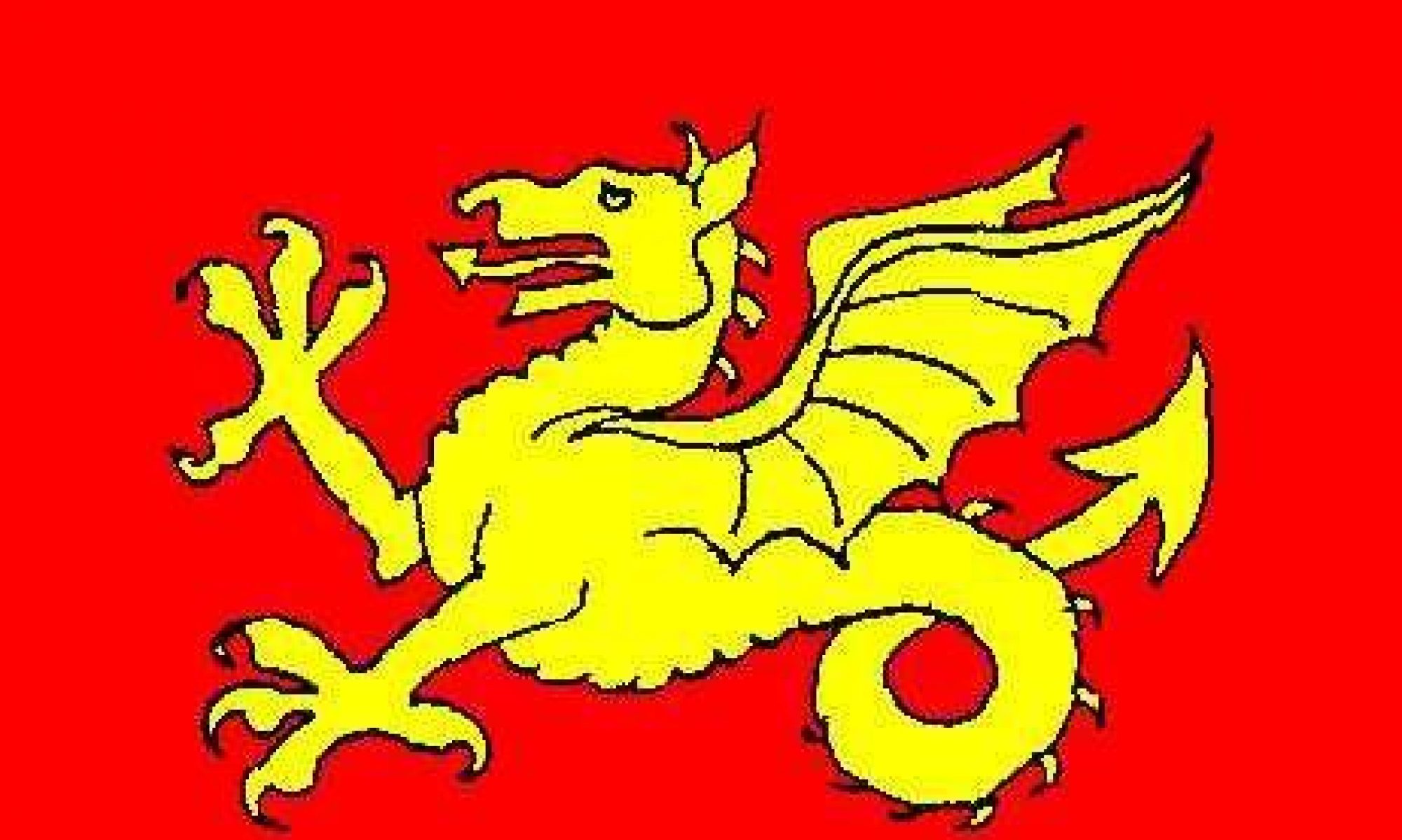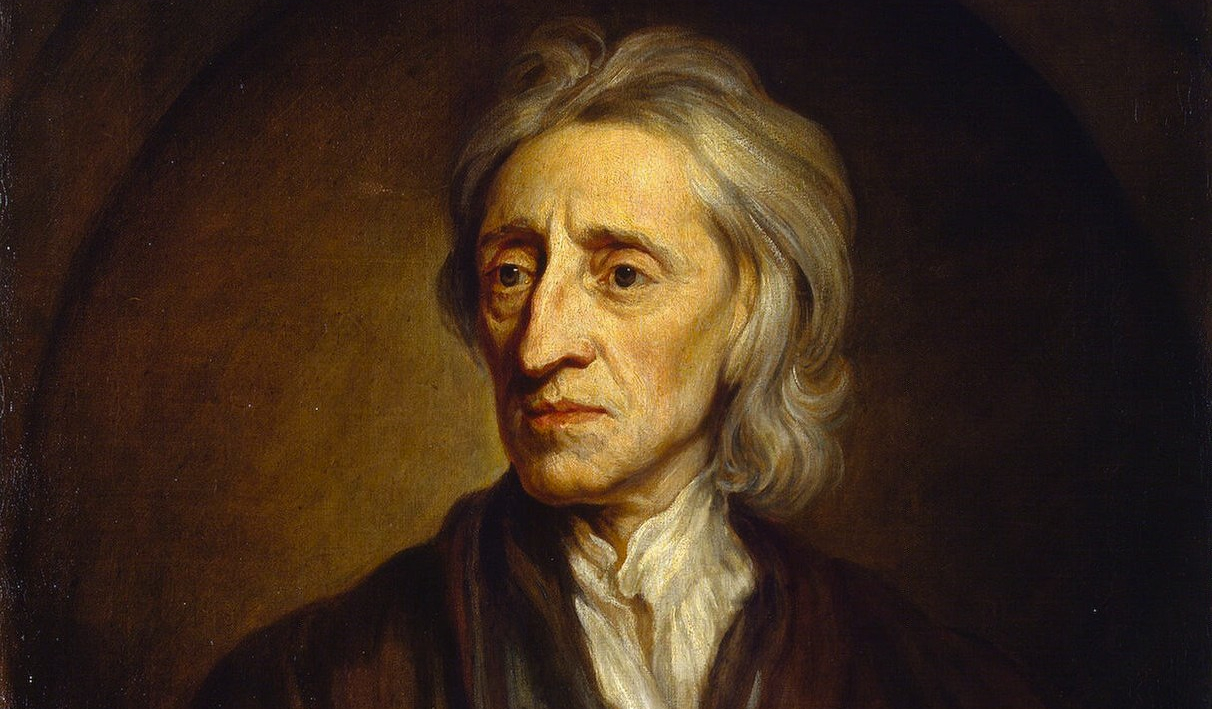John Locke (1632-1704) of Wrington in Somerset is often called the “father of liberalism”, though he is noted more as an apologist for the Glorious Revolution of 1688 than as an originator of Enlightenment thought. His work attracted comparatively little attention during his lifetime, but garnered renewed interest in the period leading up to the American War of Independence.
Locke’s work is often contrasted with that of another Wessex-born philosopher, Thomas Hobbes. Both men believed that humanity originally existed in a state of nature where all people were equal and free, But where Hobbes believed that this led to rampant egoism that needed a strong despot to control it, Locke was far more optimistic. For him, the purpose of the state was to secure the natural rights of the individual. He was a supporter of a constitutional monarchy, and of religious toleration, but only for the different Protestant denominations. Catholics and atheists were still considered to be beyond the pale.
Phrases from Locke’s Two Treatises on Government later found their way into the American Declaration of Independence, Thomas Jefferson considered him to be one of the three greatest men who ever lived, along with Francis Bacon and Isaac Newton. However, the left-wing American historian Howard Zinn has accused him of overlooking disparities of wealth in his writings on equality, while from the right, Roger Scruton has criticised his ideas about the Social Contract for concentrating solely on the living, while ignoring the needs of those yet to be born.
However, even Locke’s critics are forced to acknowledge his immense contribution to modern thought, Thanks largely to the worldwide influence of the United States his writings have, for good or ill, helped to define the global neoliberal order.

